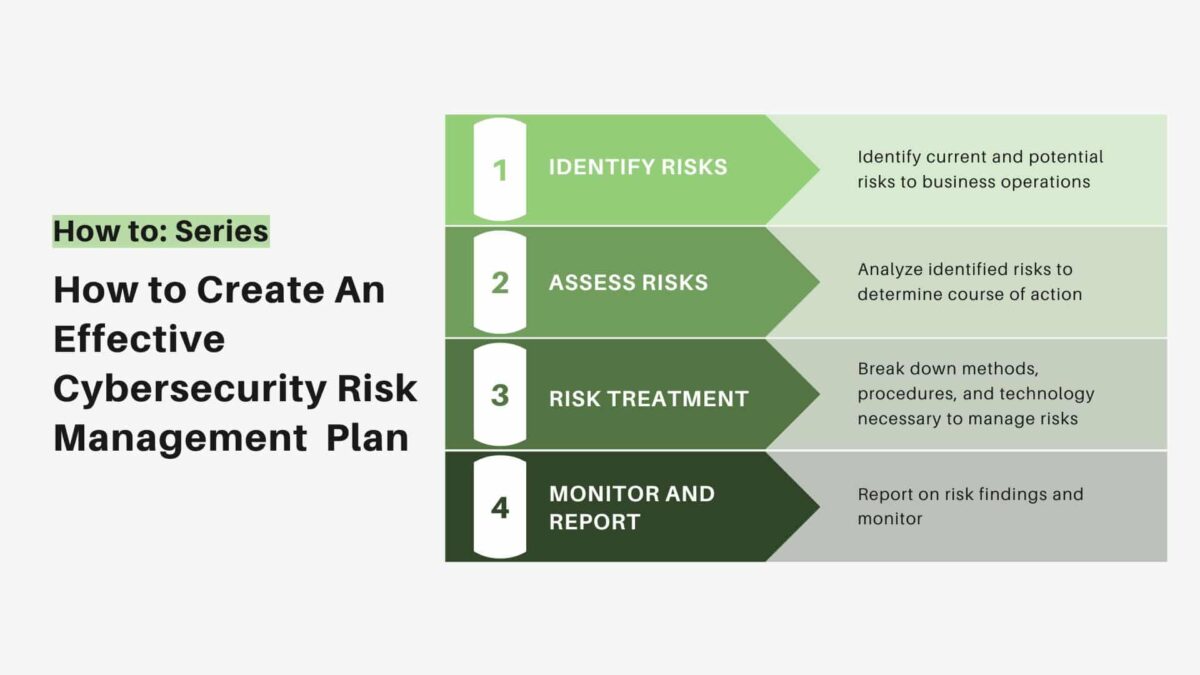To assess effective management, evaluate key performance indicators and employee satisfaction. A well-regarded management assessment provides insights into productivity and team morale.
Effective management is crucial for the success of any organization. It sets the tone for the entire workforce, impacts productivity, and influences employee satisfaction. However, assessing the effectiveness of management can be a challenging task. This is where management assessments come into play.
By evaluating specific key performance indicators (KPIs) and employee satisfaction, organizations can gain valuable insights into whether their management practices are yielding positive results. Whether it’s analyzing sales figures, customer feedback, or conducting employee surveys, a comprehensive management assessment provides a clear picture of how well the management is performing. This assessment helps identify areas of improvement and allows organizations to take necessary action to enhance their management practices. We will explore the importance of assessing effective management and provide valuable tips to conduct a successful management assessment within your organization.

Credit: www.titanfile.com
1. Key Skills Of Effective Managers
Effective managers possess a diverse range of skills that enable them to lead their teams to success. These key skills encompass various aspects of management, including communication, decision-making, and leadership. Let’s delve into each skillset to assess their importance in evaluating effective management.
1.1 Communication Skills
Strong communication skills are essential for effective managers as they facilitate clear and efficient exchange of information within the team. Managers should possess the ability to articulate their ideas and expectations clearly while actively listening to their team members’ concerns. Effective communication fosters a positive work environment and promotes effective collaboration.
1.2 Decision-making Skills
Decision-making is a crucial skill that managers must possess to guide their teams towards achieving goals. Effective managers are able to analyze situations, gather relevant information, and make informed decisions promptly. They consider various perspectives and weigh the potential outcomes to ensure that their decisions benefit the team and align with the overall organizational objectives.
1.3 Leadership Skills
Leadership skills are vital for managers to inspire, motivate, and guide their teams. Effective managers lead by example and exhibit qualities such as integrity, empathy, and adaptability. They provide clear direction, delegate tasks appropriately, and empower their team members to reach their full potential. Strong leadership skills enable managers to create a positive work culture and drive high performance.
2. Assessing Managerial Performance
Assessing managerial performance is crucial for ensuring effective management within an organization. It allows businesses to gauge the effectiveness of their managers and identify areas for improvement. In this section, we will explore three key methods for assessing managerial performance: setting clear performance expectations, regular performance reviews, and gathering feedback from team members.
2.1 Setting Clear Performance Expectations
Setting clear performance expectations is essential to assess managerial effectiveness. By establishing specific goals and objectives, managers have a clear understanding of what is expected from them. This provides a transparent framework for evaluating their performance and enables organizations to measure their progress against these goals.
When setting performance expectations, it is crucial to establish SMART goals – Specific, Measurable, Achievable, Relevant, and Time-bound. This ensures that managers have a clear understanding of the desired outcomes and can work towards them effectively. Additionally, clearly communicating these expectations to managers helps align their actions with organizational priorities.
2.2 Regular Performance Reviews
Regular performance reviews are an important tool for assessing managerial performance. These reviews provide an opportunity to evaluate a manager’s performance against the previously set expectations. Conducting these reviews at regular intervals, such as quarterly or annually, allows organizations to track progress and identify areas for improvement.
During performance reviews, it is essential to provide constructive feedback to managers. Highlight their strengths, accomplishments, and areas where they have excelled. Additionally, address any shortcomings or areas that need improvement. These reviews offer an opportunity for managers to receive guidance, understand their strengths and weaknesses, and receive support to enhance their performance.
2.3 Gathering Feedback From Team Members
Gathering feedback from team members is a valuable method for assessing managerial performance. Employees who work directly with managers can provide valuable insights into their effectiveness. Their feedback can shed light on a manager’s communication skills, leadership style, and ability to motivate and support their team.
To gather feedback effectively, organizations can use various methods, such as anonymous surveys, one-on-one discussions, or regular team meetings. Ensuring anonymity encourages honest feedback, allowing employees to express their opinions freely. Collecting feedback regularly helps identify patterns and trends, enabling organizations to address any issues promptly.
By assessing managerial performance through setting clear performance expectations, regular performance reviews, and gathering feedback from team members, organizations can strengthen their management practices and drive positive change. These methods provide a comprehensive evaluation framework, enabling businesses to support their managers in their professional development and ensure effective leadership within the organization.
3. Effective Management Strategies
Effective management is crucial for the success of any organization. By implementing effective management strategies, leaders can not only improve the overall performance of their teams but also foster a positive work environment. In this section, we will explore three key strategies that can help assess and enhance management effectiveness.
3.1 Establishing Clear Goals And Objectives
One of the fundamental aspects of effective management is the establishment of clear goals and objectives. When leaders clearly define what needs to be accomplished, it provides employees with a sense of direction and purpose. Having clear goals allows everyone to be on the same page, working towards a common objective. Additionally, clear goals enable managers to track progress and evaluate the team’s performance effectively.
3.2 Delegating Tasks And Empowering Employees
Delegating tasks and empowering employees is another vital strategy for effective management. By assigning tasks to capable individuals, managers can distribute the workload and ensure that each team member is contributing to their fullest potential. Delegation also encourages employees to take ownership of their work, leading to increased motivation and job satisfaction. When employees are empowered with responsibilities, they feel trusted and valued, which fosters a positive work culture.
3.3 Creating A Positive Work Culture
A positive work culture is essential for maintaining a motivated and engaged workforce. Managers play a pivotal role in creating such a culture. By promoting open communication, encouraging collaboration, and recognizing achievements, leaders can foster a positive and supportive work environment. Employees who feel valued, motivated, and supported are more likely to perform at their best and remain loyal to the organization.
To summarize, effective management strategies include establishing clear goals and objectives, delegating tasks and empowering employees, and creating a positive work culture. By implementing these strategies, leaders can assess and enhance management effectiveness, resulting in improved team performance and overall organizational success.

Credit: www.pan-europe.info
4. Measuring Management Success
Assessing effective management is crucial for measuring management success. By evaluating key performance indicators, employee feedback, and goal achievements, organizations can determine the effectiveness of their management practices.
4.1 Achievement Of Organizational Goals
A crucial aspect of assessing effective management is measuring the achievement of organizational goals. Successful managers consistently drive their teams towards the desired outcomes, ensuring that the goals set by the organization are met or exceeded. When evaluating management success in this regard, several key factors come into play:
- Goal Clarity: Managers must establish clear goals that are specific, measurable, achievable, relevant, and time-bound (SMART). This allows employees to understand what is expected of them and enables effective tracking of progress.
- Goal Alignment: Effective managers ensure that individual and team goals align with the broader organizational goals. This alignment creates a cohesive and focused approach to work, enhancing overall productivity.
- Goal Attainment: Managers must consistently monitor and review progress towards goals, assessing whether milestones and targets are being met. This tracking helps identify areas of improvement or potential roadblocks that may require intervention.
A thorough assessment of management success regarding the achievement of organizational goals involves analyzing the extent to which these factors are implemented and facilitated within the workplace. Managers who excel in this area demonstrate the ability to set clear and aligned goals, track progress effectively, and make necessary adjustments to ensure successful goal attainment.
4.2 Employee Satisfaction And Engagement
In addition to organizational goals, assessing effective management includes evaluating employee satisfaction and engagement. Managers play a pivotal role in fostering a positive work environment and nurturing employee well-being. When evaluating management success in this aspect, several essential factors should be considered:
- Open Communication: Effective managers promote open and transparent communication channels, actively listening to employees and valuing their feedback. This communication fosters a sense of trust and inclusivity, enhancing overall job satisfaction.
- Recognition and Appreciation: Managers who regularly acknowledge employee contributions and provide meaningful recognition create a culture of appreciation. Feeling valued and appreciated encourages higher levels of engagement and motivation.
- Growth and Development: Successful managers support employee growth and development by providing opportunities for learning and career advancement. This investment in personal and professional development enhances job satisfaction and employee loyalty.
When assessing management success regarding employee satisfaction and engagement, it is essential to evaluate the degree to which these factors are prioritized and promoted within the organizational culture. Managers who excel in this area cultivate an environment of open communication, recognition, and growth, leading to high employee satisfaction and engagement levels.
4.3 Team Performance And Productivity
The third aspect of measuring management success focuses on evaluating team performance and productivity. Effective managers understand that a cohesive and productive team is essential for achieving organizational objectives. When assessing management success in this domain, the following factors should be considered:
- Effective Delegation: Skilled managers delegate tasks efficiently, considering individual strengths and skills. Proper delegation empowers team members, fosters collaboration and accountability, and enhances overall productivity.
- Clear Expectations: Successful managers define clear expectations for team members regarding roles, responsibilities, and performance standards. These expectations provide a foundation for team members to prioritize and align their efforts effectively.
- Conflict Resolution: Managers adept at handling conflicts within teams reduce disruptions and improve overall productivity. They promote open dialogue, mediate disagreements, and encourage a positive, solution-oriented approach to resolving conflicts.
When evaluating management success in terms of team performance and productivity, it is crucial to assess the extent to which these factors are incorporated into management practices. Managers who excel in this area are skilled at delegation, establish clear expectations, and are effective in conflict resolution, resulting in high-performing teams and enhanced productivity.

Credit: www.semanticscholar.org
Frequently Asked Questions Of How To Assess Effective Management?
How Do You Measure Management Effectiveness?
To measure management effectiveness, examine key performance indicators (KPIs) like financial metrics, employee satisfaction, and customer feedback. Assess team productivity, leadership skills, and goal achievement. Regular evaluations and feedback can gauge performance.
How Do You Assess Manager Effectiveness?
To assess manager effectiveness, you can use performance evaluations, feedback from employees and peers, and objective metrics such as meeting targets. Regular communication and open dialogue with the manager are also crucial. It’s important to ensure clear expectations are set, goals are aligned, and employees feel supported in their work.
What Are The 5 Steps To Effective Management?
The 5 steps to effective management are: planning, organizing, leading, controlling, and evaluating. Plan your goals, organize resources and tasks, lead your team, control processes, and evaluate results to achieve effective management.
Conclusion
To effectively assess management, it is essential to focus on key areas such as communication, decision-making, and team collaboration. By evaluating these aspects, organizations can identify areas of improvement and implement strategies to enhance managerial effectiveness. Regular performance evaluations, feedback mechanisms, and continuous learning opportunities for managers can contribute to creating a positive work culture and driving organizational success.
Remember, effective management is crucial for promoting productivity, maintaining employee engagement, and achieving business objectives. So, invest time and resources in assessing and improving management practices for long-term success.